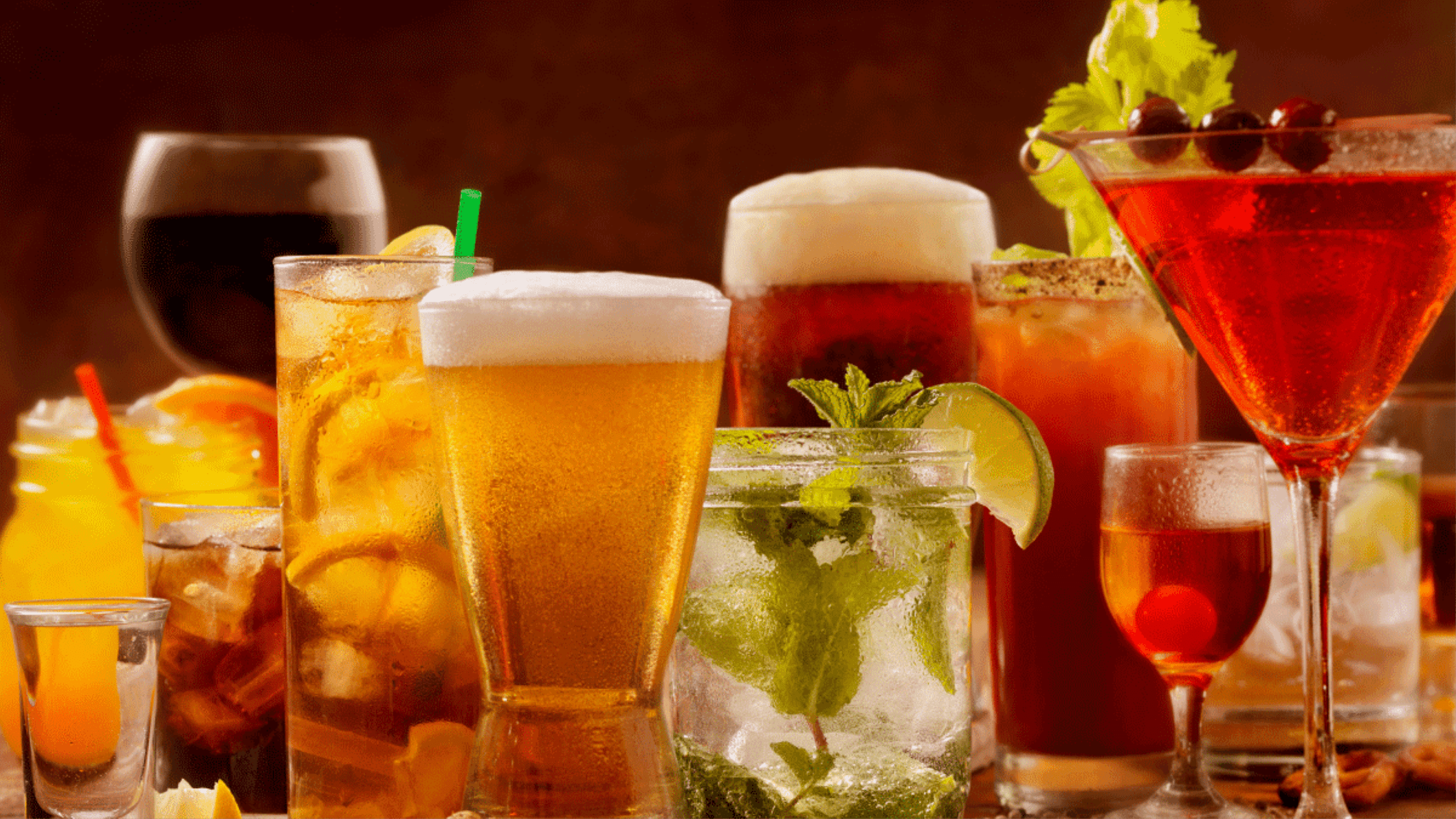Author: VicHealth works with health promotion experts to create a Victoria where everyone can enjoy better health and wellbeing.
Any information mentioned is accurate at the time this article was originally published (29 June 2021).
In Australia, it is recommended that adults consume no more than 10 standard drinks per week and no more than 4 standard drinks per day to reduce the health risks from alcohol. With this is mind, it’s important to understand how exactly alcohol affects our brain and what implications this may have on our overall health.
In this article you’ll learn:
- Short and long-term effects of alcohol products
- Alcohol and brain damage
- Tips on cutting back on alcohol consumption
Be Healthy was created by VicHealth to provide helpful tips and advice on how you and your family can stay healthy. You can read more Be Healthy articles here.
Short and long-term effects of alcohol
Before looking into the short and long-term effects of alcohol on the brain, it’s important to know that alcohol effects every person differently. Your gender, mental and physical health, medical conditions and use of other drugs and medication all play a key role.
It’s also important to keep in mind that alcohol can affect you more quickly if you:
- Drink on an empty stomach
- Weigh less
- Have a lower percentage of muscle
- Are a young person
No matter how little or how much you drink, alcohol effects our whole brain matter, causing both short and long-term effects. Brain matter is a major component of our central nervous system and when negatively impacted, it can have various short- and long-term implications.
Short term effects can vary depending on the amount of alcohol products we drink, but can include:
- An interrupted sleep which can in turn have a negative impact your mental wellbeing
- Alcohol slows your body down and changes the chemical makeup in your brain
- It can alter our mood, energy levels, concentration and memory
- It can alter our judgement and movement, create slurred speech, nausea, and vomiting
- Create difficulty breathing and even be the cause of coma or death
Long-term, alcohol can affect both our brain and other parts of our body and can cause:
- Ongoing mental health conditions
- An increased risk of diabetes and weight gain
- Increased risk of a range of cancers
- Heart issues, such as high blood pressure, heart damage and heart attacks
- Liver failure
- Brain related damage impairment (ARBI)
- Fertility issues
While alcohol consumed at even moderate levels can have a negative impact on the brain, this can become more dramatic depending on how often a person consumes alcohol and the amount they drink on each occasion.
Alcohol and brain damage
Alcohol’s toxic effect can cause significant brain injury, referred to as alcohol related brain impairment (ARBI) and is more likely to occur if a person drinks heavily on an ongoing basis over a long period.
ARBI can also occur over a shorter time frame, and this is dependent on the amount a person consumes. This way of drinking is often referred to as ‘binge drinking’ and that is when a person drinks a lot of alcohol in a single session on a semi regular basis.
Brain injury can be caused by alcohol because it:
- has a toxic effect on the central nervous system (CNS)
- results in changes to metabolism, heart functioning and blood supply
- interferes with the absorption of vitamin B1 (thiamine), which is an important brain nutrient
- may be associated with poor nutrition
- can lead to falls and accidents that injure the brain
Does alcohol kill our brain cells?
Despite alcohol causing brain damage, it does not kill our brain cells. It does however damage the ends of neurons called dendrites, making it hard for neurons to relay messages to one another.
Tips for cutting back on alcohol
Alcohol products are heavily promoted yet alcohol companies often downplay the harm they can cause to our health. To cut through the spin, here are some tips from VicHealth CEO Dr Sandro Demaio on what we can do to reduce the harm from alcohol:
- Learn to reward yourself or unwind without alcohol – you can get active, revisit old hobbies or try a new one, get a massage, call a friend or relax with a book.
- Mix up your routine – go for a walk around the block instead of having a wine after work or replace your alcoholic beverage with a peppermint tea or soda water.
- Focus on what you’ll gain by cutting back – you might be motivated by saving money, boosting your memory and concentration, sleeping better and having more energy and patience to do things you enjoy.
- The Daybreak app from Hello Sunday Morning also helps – it provides confidential health advice and a supportive community to help people reduce their drinking and protect their health.
Read more articles like this:
You might also be interested in these
What is a standard drink size?

PREVENTING HARM FROM ALCOHOL


